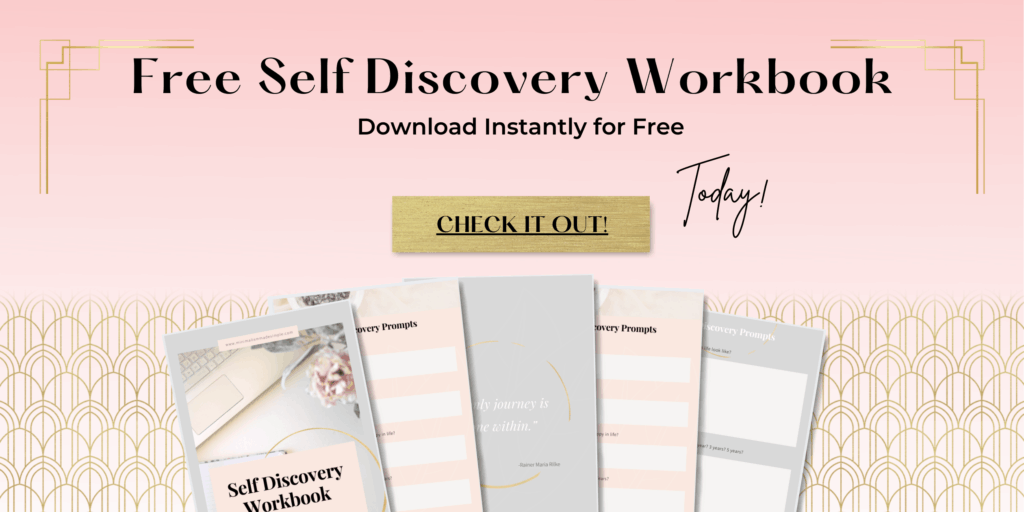Communicating isn’t always necessarily about talking, but it’s also about your ability to listen. Everyone tends to listen to respond, but nobody ever listens to actually hear what the other person is saying.
It’s easy to talk more without hearing what they’re saying, especially as listening requires you to be more selfless. When you have the ability to listen more, this strengthens both friendships and relationships in the process.
When you stop talking, you give more room for the other person to be heard. In this article, we’ll be talking about how to stop talking and listen more.
Why Talking Less is Important
When you talk less, you give the other person an opportunity to be heard. There’s a bigger chance to appear selfish and narcissistic when all you do is talk about yourself, refusing to give the spotlight to others.
This act may encourage others to become distant from you and push you away as nobody wants someone that makes them feel misunderstood and invisible.
Communication is a mutual exchange of conversation and one shouldn’t be talking more than the other. Most importantly, you shouldn’t talk to respond but to actually process the point they’re trying to get across.
In reality, you gain much better friendships and relationships when you validate the other person more in conversations. When you’re talking the majority of the time, people won’t be drawn to you as much. Talking more builds fewer friendships and connections than you think.

7 Ways to Stop Talking and Listen More
1. Don’t interrupt
When someone is talking, you shouldn’t interrupt what they’re saying, even if you think that what you’ll say next is relevant or important. Doing this invalidates everything the other person is saying and they’ll probably lose interest in talking to you.
Encourage them to say whatever is on their mind and don’t cut them off at all costs. This also means staying engaged throughout the entire conversation, the same way you’d want someone to act with you.
2. Ask questions
To make them feel loved and heard, ask discerning questions in their way. Are they telling the complete story or are they missing a few details? Asking questions makes the other person feel you genuinely want to know them and hear what they have to say.
Doing this directs the focus outward instead of inward. Make sure to ask questions as much as you can, assuming that they’re relevant to the conversation.
3. Focus on them
As much as possible, avoid using your phone when talking to someone. When you shift your focus on the person you’re talking to instead of elsewhere, you’ll be a better listener.
It’s easy to feel disinterested when you don’t feel like they want to engage in a conversation with you, so you need to ensure they don’t feel this way. Phones and gadgets aren’t just the issue of focus, but also avoid wandering your mind to somewhere else as the other person will notice this.
4. Forget the mechanics
Being a better listener isn’t all about the rules like nodding your head or smiling, but it’s genuinely being in the moment. Make them feel like you understand everything they’re saying, not just to appear as if you’re listening but aren’t. Your sincerity should come off naturally rather than forced.
Otherwise, they won’t want to engage in a conversation where they feel unheard. Communication isn’t about the dos and don’ts, but about the natural exchange of conversation.
5. Stop people-pleasing
If you think people-pleasing is the key to being a better listener, you’re wrong. Doing this just makes you seem fake and disinterested. It’s better to be authentic, rather than pretending to agree with everything they’re saying.
You’ll be a much better listener if you stay true to who you are, rather than attempt to gain their approval. You don’t have to please people to be a good listener, you just have to make them feel heard.
6. Don’t give unsolicited advice
A lot of people are guilty of doing this, but when a friend goes to you when they’re feeling down or are in trouble, it doesn’t always mean they want your advice. Sometimes, they just want someone to listen to them vent and be there for them.
Giving advice, especially when that isn’t what they need, will push them away from you and it might make them regret opening up to you in the first place. Some seek to vent instead of advice for the reason that we mostly know what we should do, but we aren’t ready to do so.
7. Keep an open mind
The primary rule as a listener is always to keep an open mind, even with things you don’t necessarily agree with. It isn’t you that’s speaking but it’s them, so you need to put them in the spotlight. Be open enough to the idea that your knowledge isn’t fixed and you could always learn a thing or two in the conversation.
Instead of pushing your ideas and thoughts down someone else’s throat, let them speak and see both sides of the story. If you don’t agree, try to see things from their perspective instead.

The Benefits of Talking Less and Listening More
- You develop stronger friendships and relationships
- You become empathetic with others
- You are sought out by others for comfort
- People look forward to a conversation with you
- You don’t offend or invalidate people’s feeling
- You get to know others better
- You socialize better
- You learn more about life in general
- You become a great communicator and speaker
Final Thoughts
I hope this article was able to shed insight into everything you needed to know about being a great listener when you stop talking. You can’t be more empathetic to what others have to say if you don’t talk less.
Being a great communicator comes from letting the other person be heard and avoiding listening just to respond on your end. Communication isn’t just about responding, but it’s more about getting a certain point across. If you talk more than you listen, then the very point of communication is pointless.

